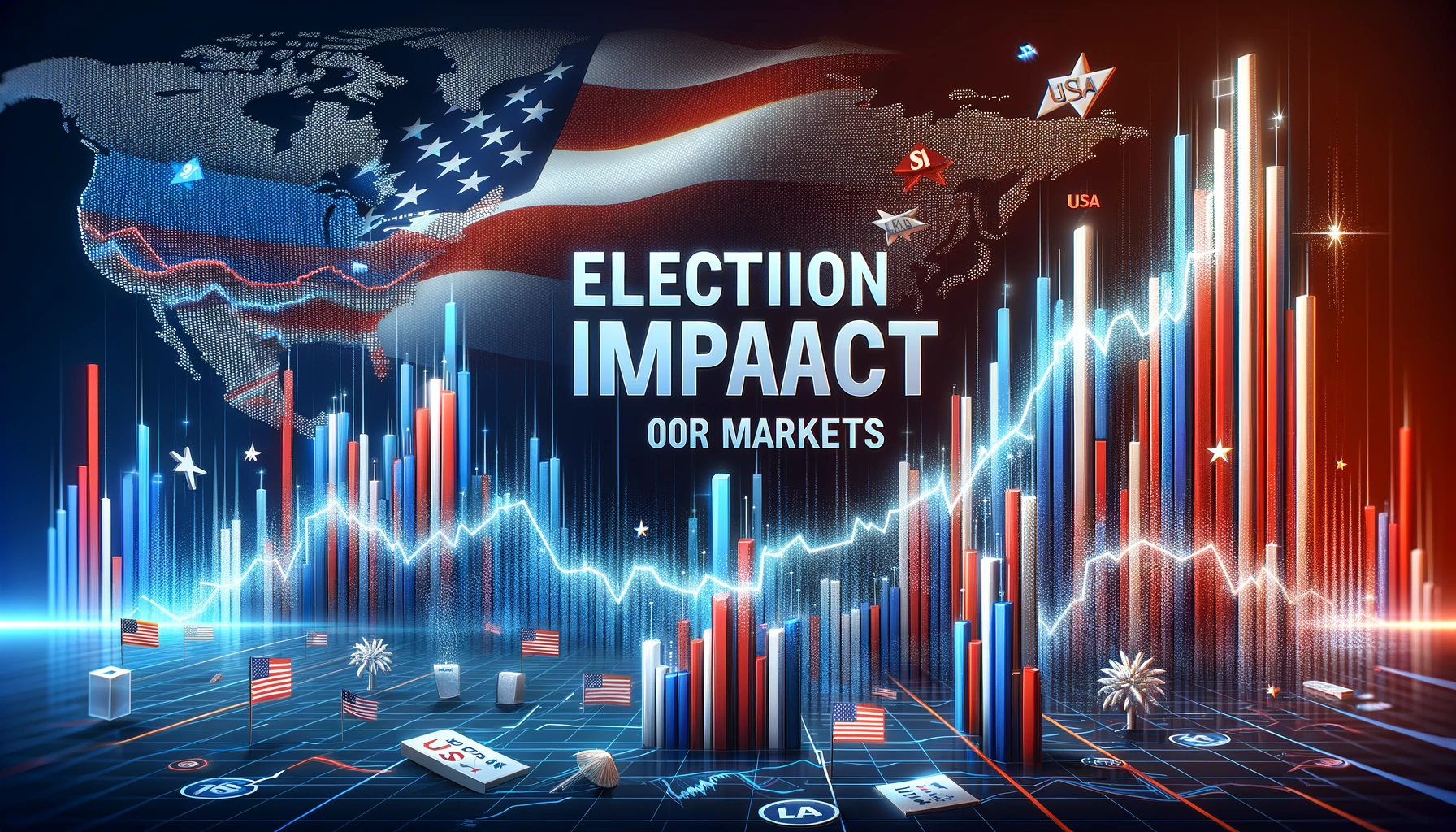
As the November elections draw closer, investors are keenly observing the potential market implications of various electoral outcomes. Fundstrat’s Tom Lee recently shared his perspective on the potential consequences of a Donald Trump victory, offering insights into sectors that could face pressure under such circumstances. During CNBC’s “Last Call,” Lee emphasized the significance of monitoring two key sectors: energy and healthcare.
Sectoral Analysis:
Lee’s analysis suggests that energy stocks would likely experience downward pressure in the event of a Trump victory. This projection is supported by the broader context of subdued earnings reports from industry giants like Exxon Mobil Corp. and Chevron Corp. The Energy Select Sector SPDR Fund (XLE) has already witnessed a notable decline, reflecting market apprehensions surrounding the energy sector’s performance under a Trump administration.
Similarly, Lee identified healthcare as another sector that could face pressure in the event of a Trump victory. The healthcare industry has been subject to significant regulatory scrutiny and policy shifts in recent years, making it susceptible to volatility in the political landscape. Investors are closely monitoring developments in healthcare policy, recognizing the potential impact on the sector’s profitability and market performance.
Observations on Energy Trends:
Amidst rising tensions in the Middle East, Lee observed an unexpected trend in the energy sector – oil prices have not escalated as anticipated. Despite geopolitical uncertainties, lower oil prices prevail, posing challenges for the energy complex. While lower oil prices benefit consumers, they pose challenges for energy companies, impacting their profitability and market performance.
Moreover, Lee noted that the recent subdued earnings reports from oil giants like Exxon Mobil Corp. and Chevron Corp. have added to the downward pressure on energy stocks. The Energy Select Sector SPDR Fund (XLE) has experienced a significant drop, indicating investor concerns about the sector’s outlook.

Political and Geopolitical Influences:
The forthcoming U.S. presidential election holds significant implications for the energy sector, with offshore oddsmakers adjusting President Joe Biden’s odds in response to fluctuating oil prices. The interplay between political events and oil price dynamics underscores the importance of stability within the energy sector for economic resilience and market confidence.
Moreover, recent geopolitical tensions between Israel and Iran have underscored the market’s sensitivity to international relations. The transition from war fears to a state of calm highlights the volatility inherent in oil prices and the broader market sentiment influenced by geopolitical developments.
Market Response and Investor Strategies:
In response to Lee’s analysis, investors are recalibrating their portfolios and risk management strategies to navigate potential market turbulence. Those with exposure to energy and healthcare sectors are closely monitoring developments and adjusting their positions accordingly. Additionally, investors are diversifying their portfolios to mitigate sector-specific risks and capitalize on emerging opportunities in other sectors.
Market Outlook:
Looking ahead, investors will continue to monitor political developments and their impact on key sectors. The outcome of the November elections will undoubtedly influence market sentiment and asset prices, underscoring the importance of staying informed and agile in response to changing market dynamics. As investors navigate geopolitical uncertainties and sector-specific challenges, maintaining a diversified portfolio and adopting a disciplined investment approach will be essential for long-term success in today’s dynamic market environment.
Global Market Dynamics:
In an interconnected global economy, developments in international markets can also influence domestic asset prices and investor sentiment. Geopolitical tensions, trade negotiations, and economic data releases from major economies worldwide all have the potential to impact market trends and investment decisions. As investors navigate the complexities of global markets, staying informed about geopolitical developments and macroeconomic trends will be essential for making well-informed investment decisions.
Technological Innovations and Disruptions:
Furthermore, technological advancements and industry disruptions continue to shape market dynamics and investment opportunities. Emerging technologies such as artificial intelligence, blockchain, and renewable energy are transforming traditional industries and creating new investment avenues. Investors must stay abreast of these developments and identify opportunities to capitalize on technological innovations that drive long-term value creation and sustainable growth.
Risk Management and Portfolio Allocation:
In today’s dynamic market environment, effective risk management and strategic portfolio allocation are paramount for investors seeking to achieve their financial goals. Diversification across asset classes, geographies, and sectors can help mitigate risk and enhance portfolio resilience in the face of market volatility. Additionally, adopting a disciplined investment approach based on thorough research and analysis can help investors navigate uncertain market conditions and capitalize on opportunities that arise.












